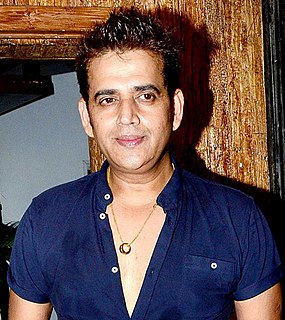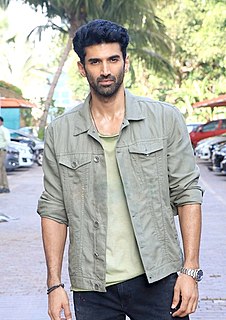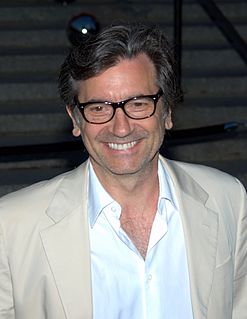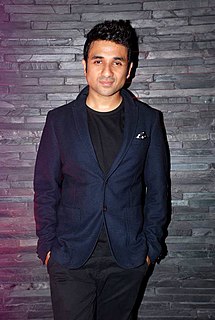A Quote by Kangana Ranaut
My sister and I had jointly heard the narration of 'Revolver Rani' in Tigmanshu Dhulia's office. After hearing the narration, my sister was very scared and adamant that I should not do this film, as my character was twisted, neurotic, violent and abusive.
Related Quotes
I remember when I was writing 'The Tin Drum,' I had the totally misguided idea of giving Oskar Matzerath a sister, and he just wouldn't have it. There was no space for a sister, yet I had the character of the sister in my head. In fact I used her in later novels, in 'Cat and Mouse' and 'Dog Years,' Tulla Pokriski.
It's very important to not repeat yourself. After 'Delhi Belly,' I was offered 40 'Delhi Belly's and you can't do that! So 'Revolver Rani' is dark and gritty with action, 'Sooper Se Oopar' is a big commercial love story, 'Santa Banta' is a 'theth' Punjabi comedy, 'Golu Aur Pappu' is a kids' film and 'Amit Sahni Ki List' is an urban romcom.
Grandmother pointed out my brother Perry, my sister Sarah, and my sister Eliza, who stood in the group. I had never seen my brother nor my sisters before; and, though I had sometimes heard of them, and felt a curious interest in them, I really did not understand what they were to me, or I to them. We were brothers and sisters, but what of that? Why should they be attached to me, or I to them? Brothers and sisters were by blood; but slavery had made us strangers. I heard the words brother and sisters, and knew they must mean something; but slavery had robbed these terms of their true meaning.
I'm not a big fan of violent movies, it's not something I like to watch. And it's not my aim or goal to make a violent movie. My characters are very important, so when I'm trying to depict a certain character in my movie, if my character is violent, it will be expressed that way in the film. You cannot really deny what a character is about. To repeat, my movie end up becoming violent, but I don't start with the intent of making violent movies.



































